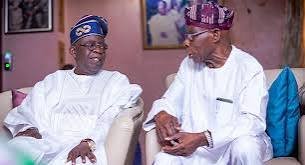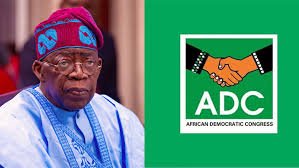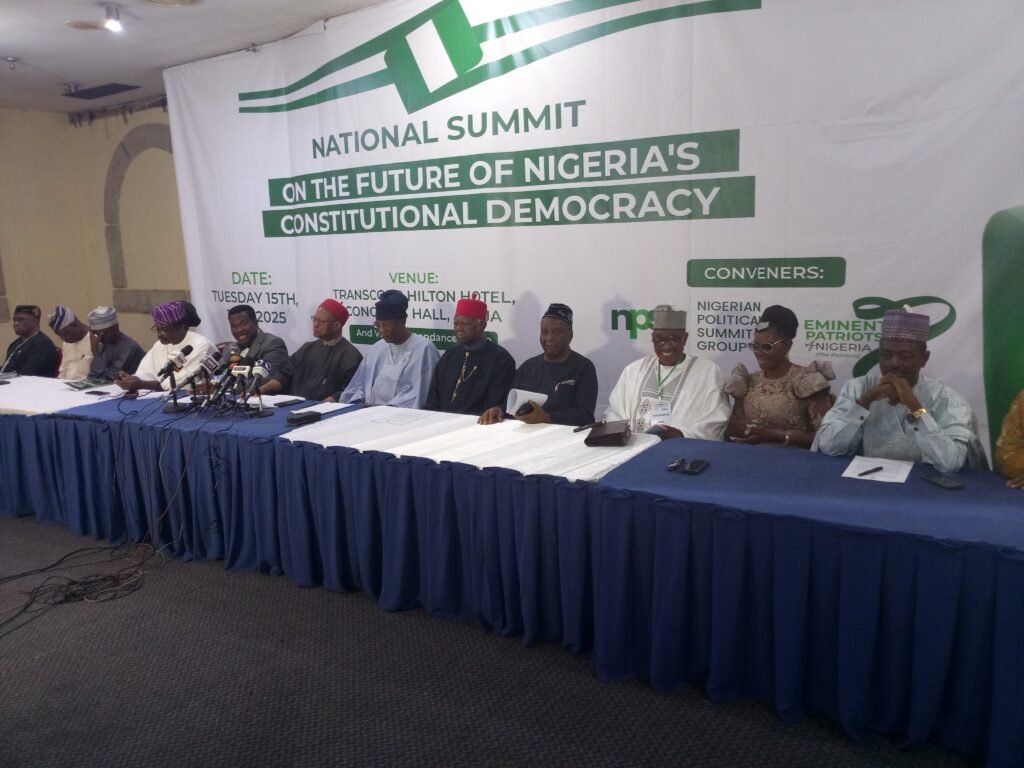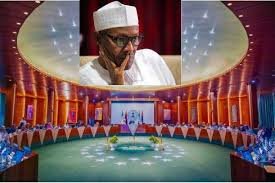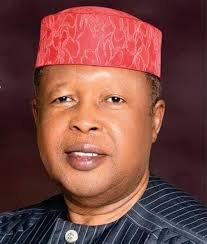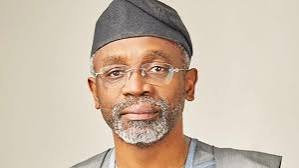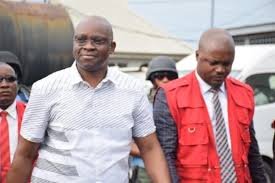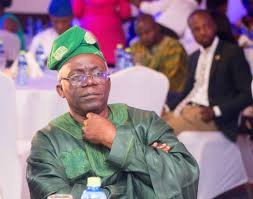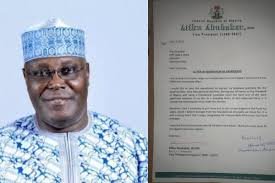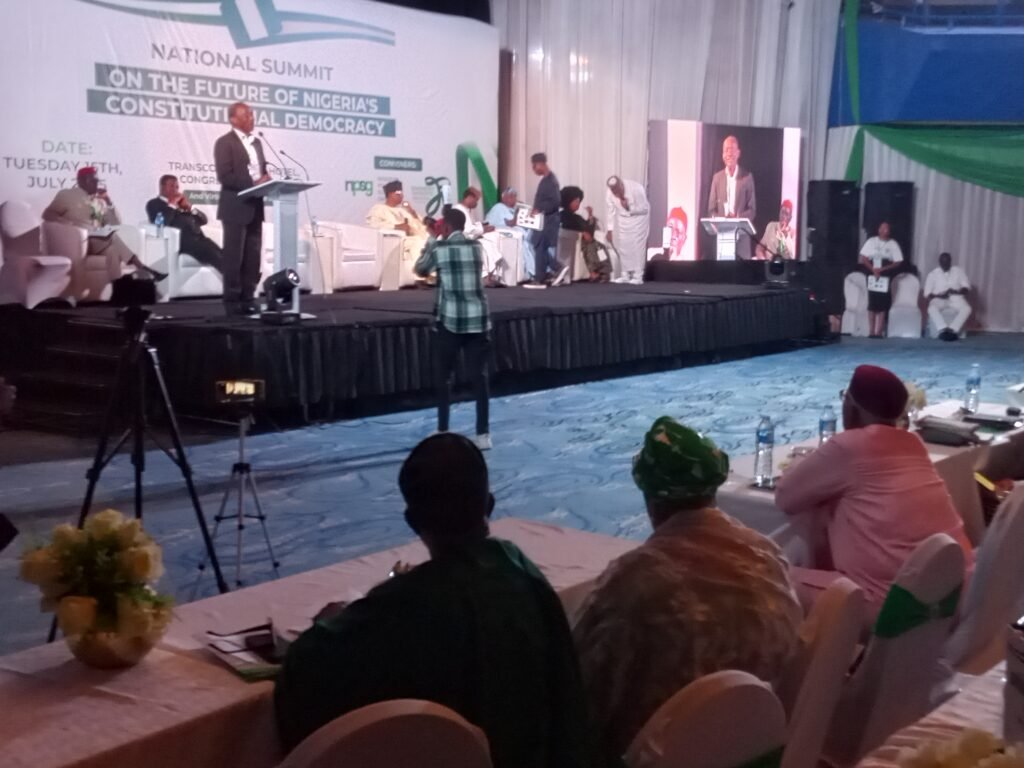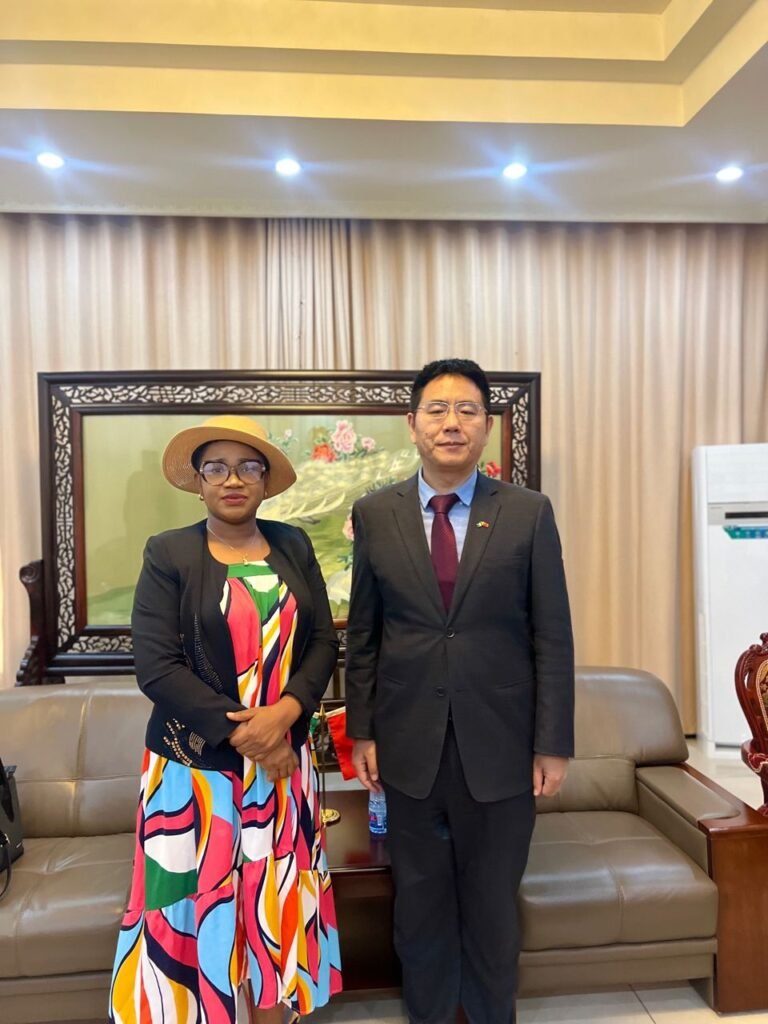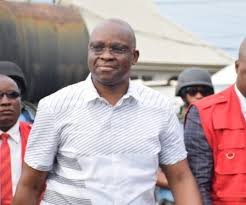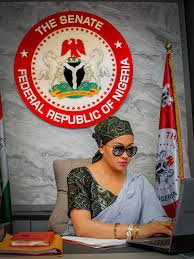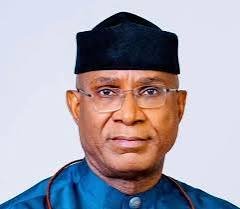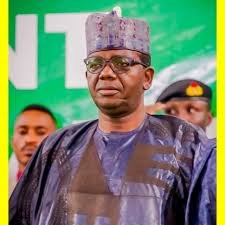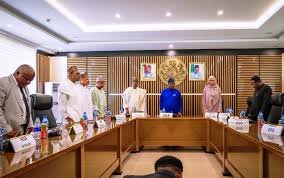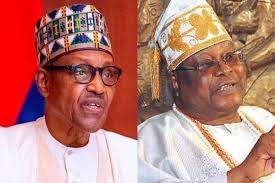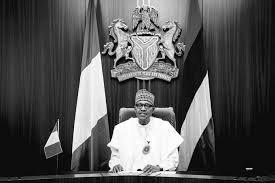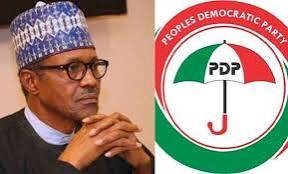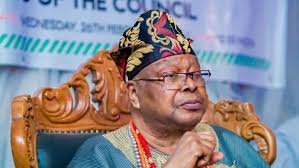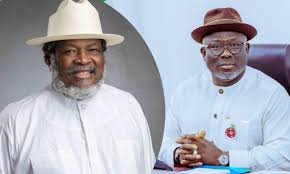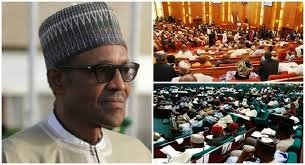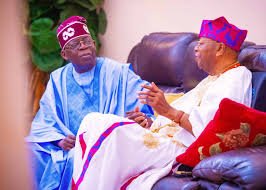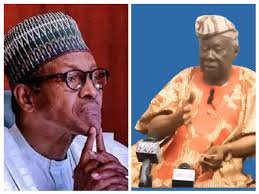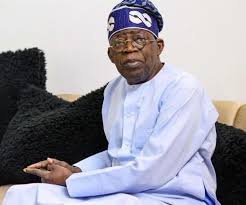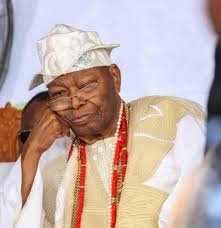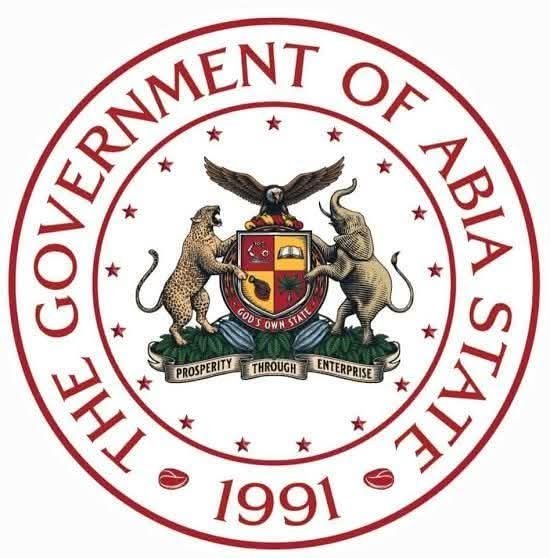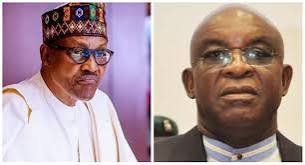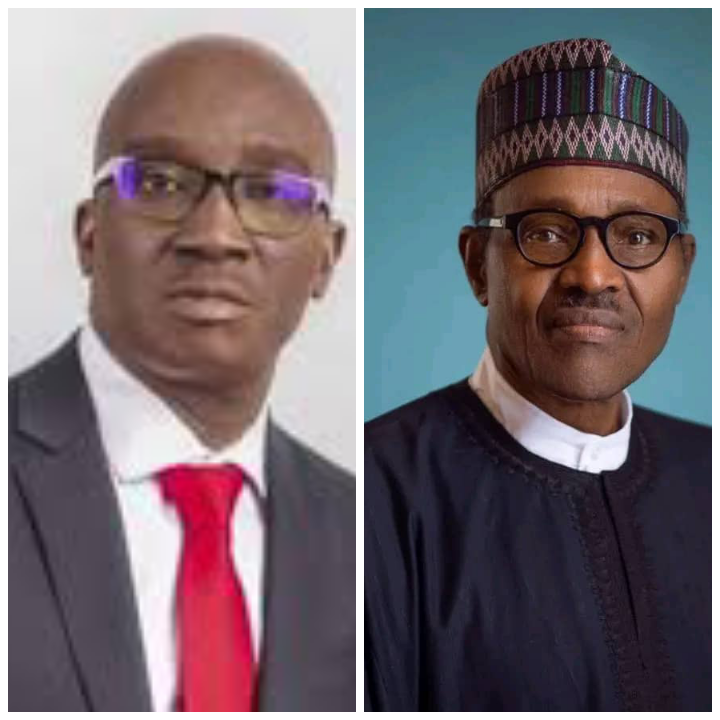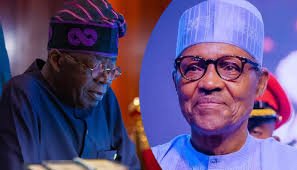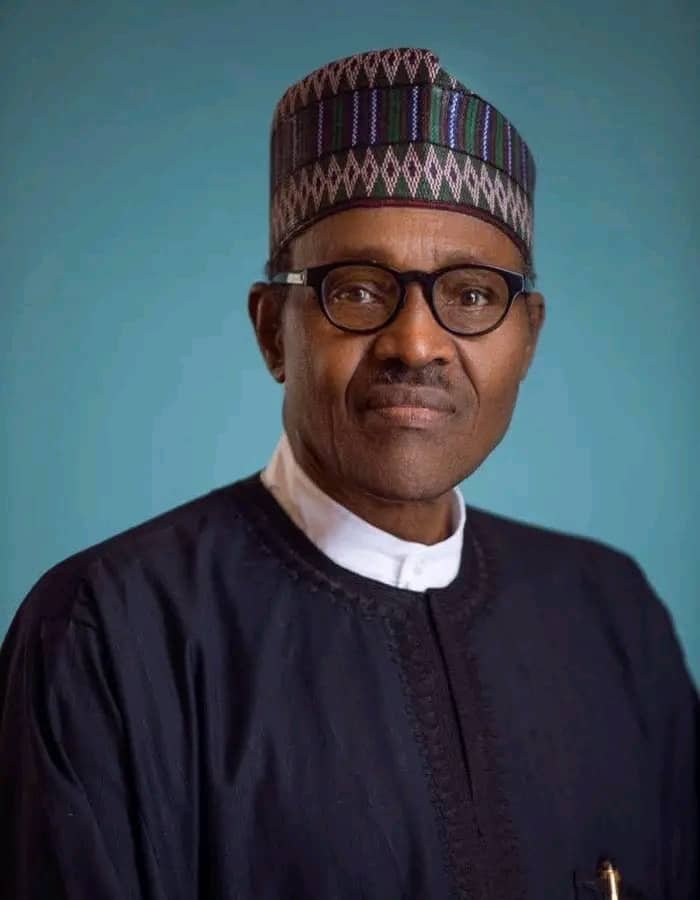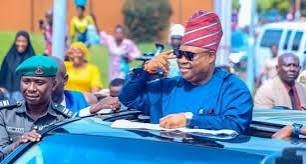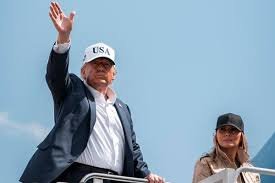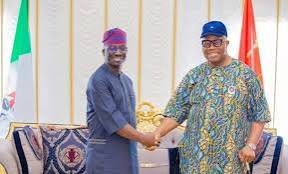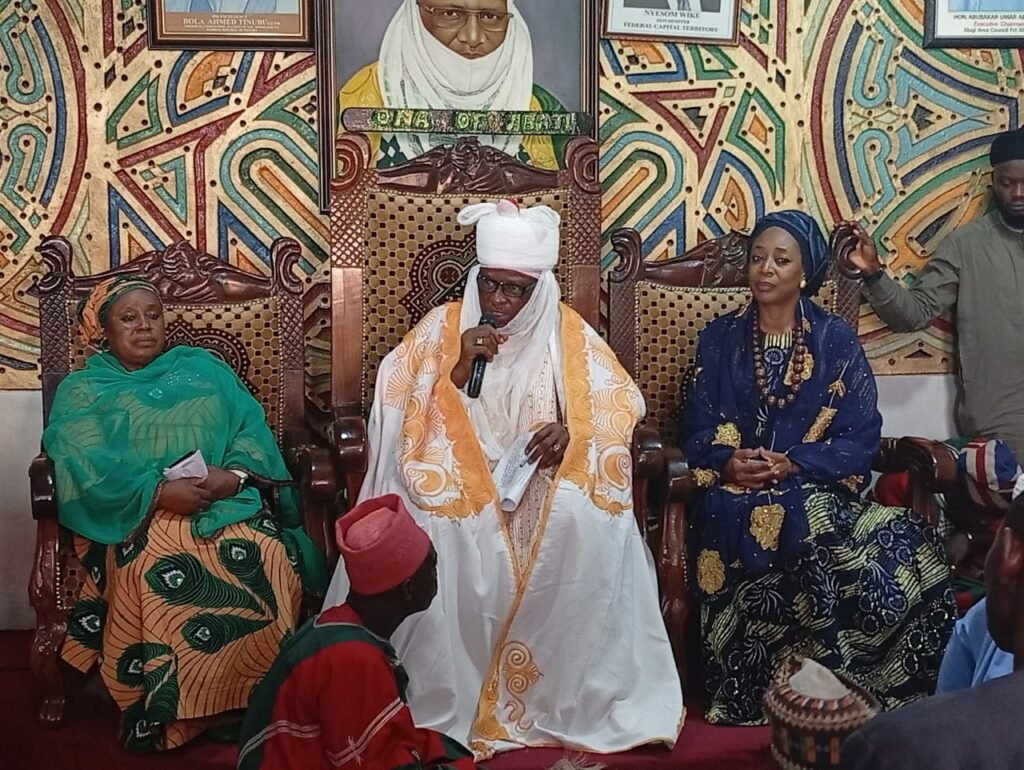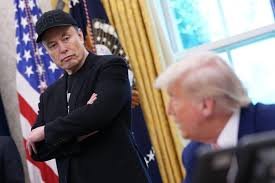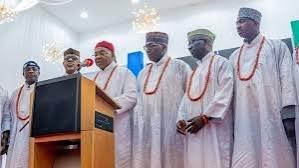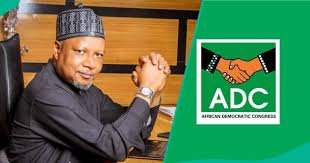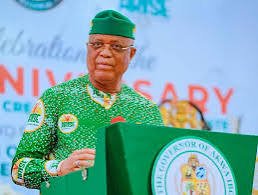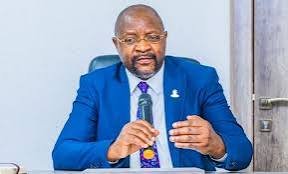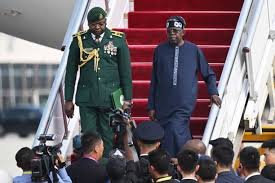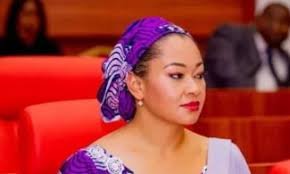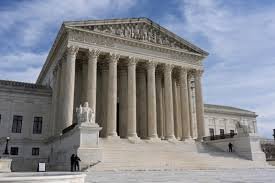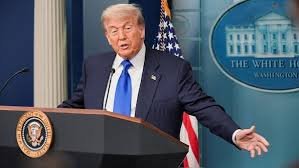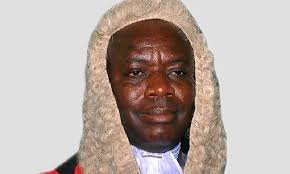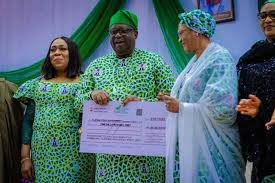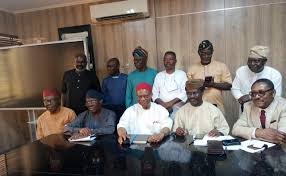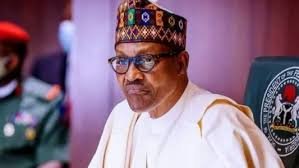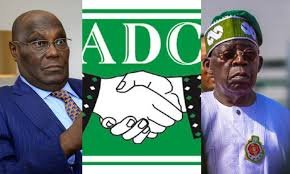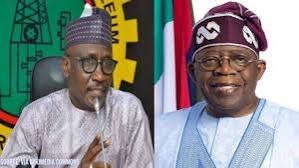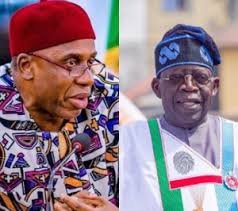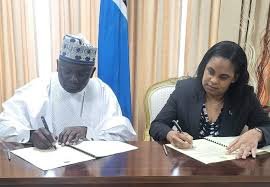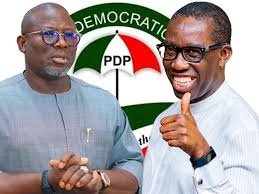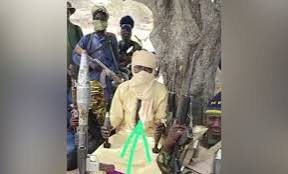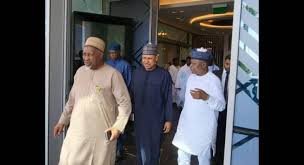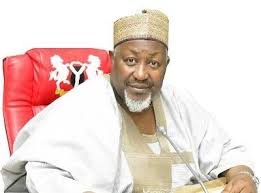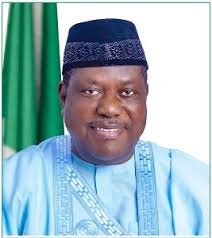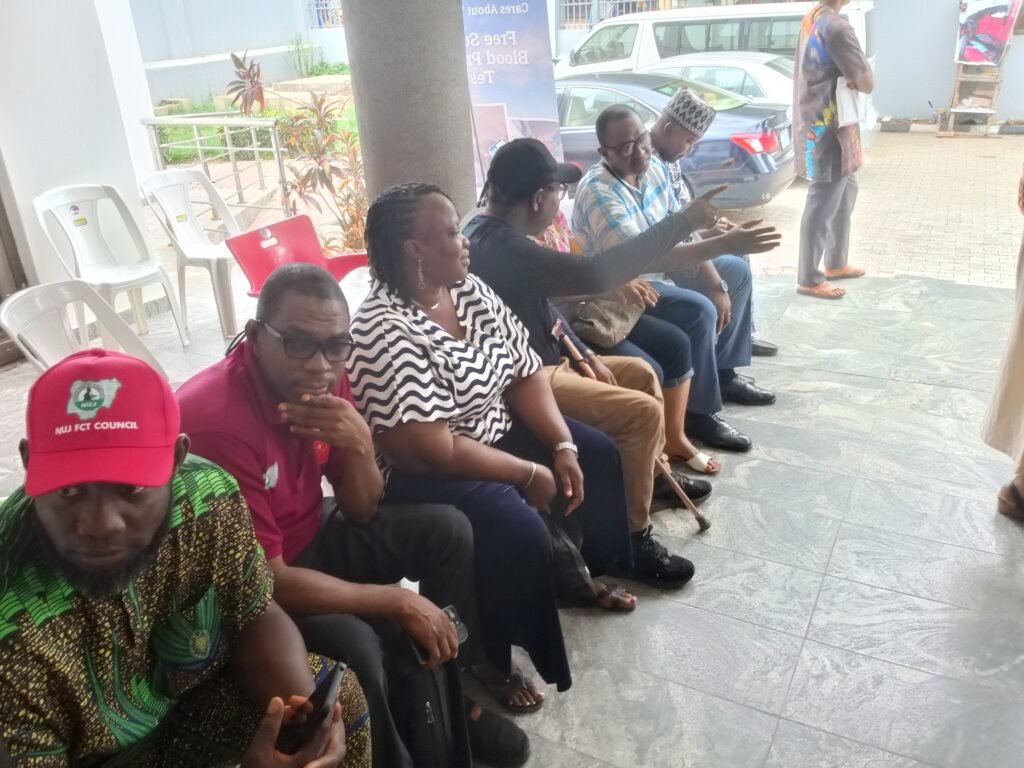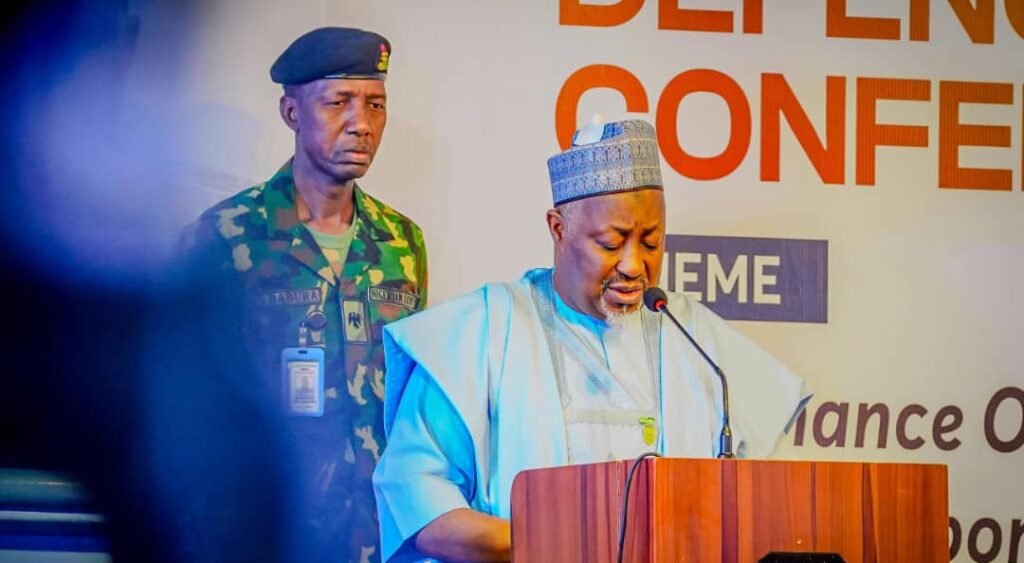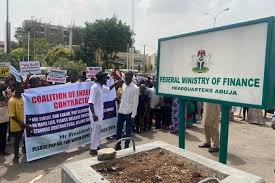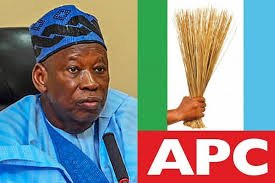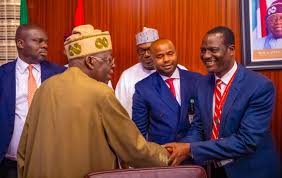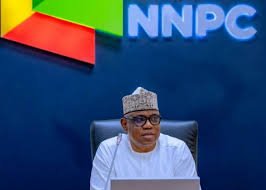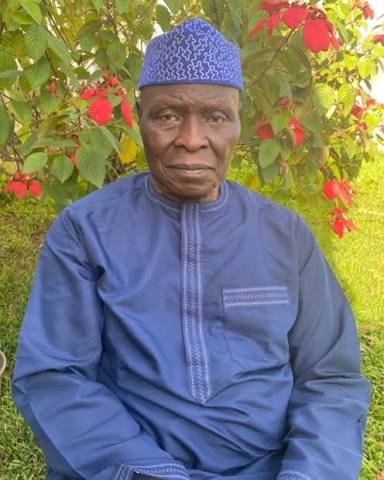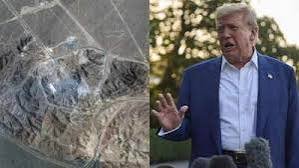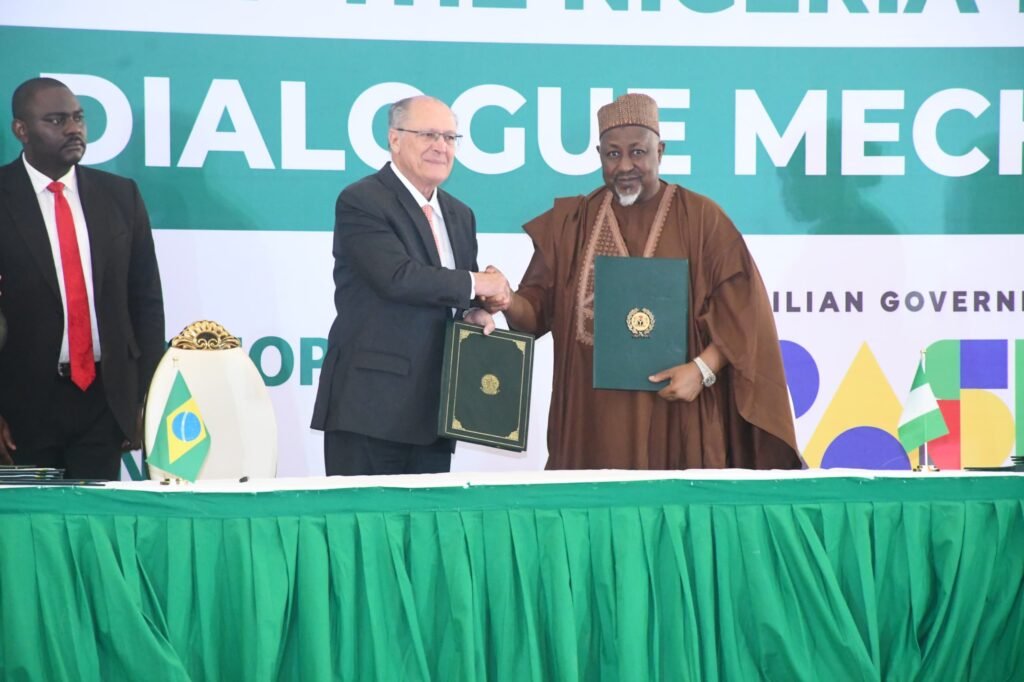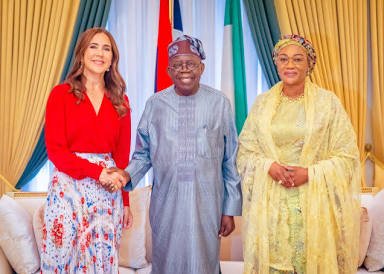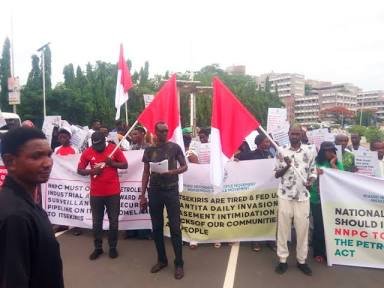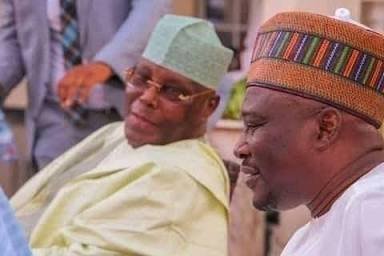STRENGTHENING NIGERIA’S DEMOCRACY: A CALL FOR CONSTITUTIONAL AMENDMENTS TO CURB DEFECTIONS AND BOLSTER LEGISLATIVE INDEPENDENCE

By Chief Peter Ameh,
Nigeria’s democratic journey, though marked by resilience, continues to face significant challenges that threaten the sanctity of its constitutional framework. As the House of Representatives Committee on Constitution Review deliberates on amendments to the 1999 Constitution, it is imperative to address critical issues that undermine our democratic system, particularly the pervasive problem of political defections and the lack of legislative independence. These issues, rooted in the failure to enforce existing laws and the presence of constitutional loopholes, demand urgent action to safeguard Nigeria’s democracy.

One of the fundamental provisions in the 1999 Constitution is the concept of gross misconduct as grounds for the removal of a President, Vice President, Governor, or Deputy Governor, as outlined in Sections 143 and 188. Gross misconduct encompasses grave violations of the Constitution or conduct deemed unacceptable by the relevant legislative body, whether the National Assembly or State Assembly. They already exist provisions that are robust and comprehensive, capturing a wide range of breaches related to the performance of official duties in our constitution, to feign ignorance about these provisions is to say that our lawmakers are living in denial. However, the persistent failure of lawmakers to act decisively when those in power undermine the Constitution reveals a deeper issue: a lack of political will. The problem is not the absence of laws but the reluctance to enforce them. Lawmakers must summon the courage to uphold the sanctity of the Constitution and resist the temptation to act as a rubber stamp for the executive branch. The question arises: must we also legislate to instill courage in our legislators to defend our democracy?

A pressing concern that requires constitutional reform is the rampant practice of political defections, where elected officials abandon the party under which they were elected to join another. This practice is antithetical to the spirit and letter of democratic principles, as it erodes the mandate of the electorate and destabilizes the political system. The Constitution already provides a framework to address defections in the legislative arm under Section 109(1)(g), which mandates that a member of a House of Assembly vacates their seat if they defect to another political party before the expiration of their term, they should be no exceptions for the declaring their seat vacant.

This provision, however, is undermined by Section 109(2)(g), which allows defections if satisfactory evidence of a party division is presented. This loophole has been exploited to justify defections without consequence, perpetuating a culture of political opportunism.
For to address this as a country, the Constitution must be amended to extend the provisions of Section 109(1)(g) to cover elected officials in the executive arm, such as President, Vice President, Governors and Deputy Governors. Furthermore, Section 109(2)(g) should be expunged to eliminate the loophole that permits defections based on vague claims of party divisions. A clear and unequivocal prohibition on defections during an elected term is necessary. Elected officials who wish to defect should be required to resign, allowing the party on whose platform they were elected to nominate a replacement.

This aligns with the Supreme Court’s ruling in multiple cases, which affirms that the ticket belongs to the party, not the individual, and it is the party’s logo that appears on the ballot on Election Day. By closing this loophole, we can protect the integrity of the electoral process and ensure that the will of the voters is respected.
It is also important to recognize that divisions or crises within political parties are a natural part of a healthy democracy. They reflect the contestation of ideas and the vibrancy of political competition.

Attempting to legislate specific evidence to justify defections is futile and unnecessary. Instead, a blanket prohibition on defections during an elected term is the most effective way to maintain stability and uphold democratic principles. Such a reform would reinforce the notion that elected officials are accountable to the party and the electorate that placed them in office.
The broader issue of legislative independence cannot be overlooked. For too long, Nigeria’s lawmakers have operated as an appendage of the executive, often failing to assert their role as a coequal arm of government. This subservience has weakened the checks and balances essential to a functioning democracy.
Lawmakers must refuse to be “yea men” to the executive and instead act with the independence and resolve required to protect the Constitution.
The ongoing constitutional review presents an opportunity to strengthen the legislature’s autonomy and ensure it fulfills its constitutional mandate.

Nigeria’s democracy stands at a crossroads. The 1999 Constitution provides a solid foundation, but its effectiveness depends on the willingness of lawmakers to enforce its provisions and the closure of loopholes that undermine its spirit. By extending anti-defection provisions to the executive arm, eliminating loopholes that enable defections, and fostering a culture of legislative independence, we can strengthen our democratic system. The time for running in circles is over. Lawmakers must act decisively to protect Nigeria’s constitutional democracy, not through endless legislation but through the firm application of existing laws and the courage to do what is right. Only then can we build a democracy that truly reflects the will of the people and upholds the principles of justice, accountability, and integrity.

Chief Peter Ameh is a Former National Chairman of the Inter-Party Advisory Council (IPAC) and 2019 Presidential Candidate.












































